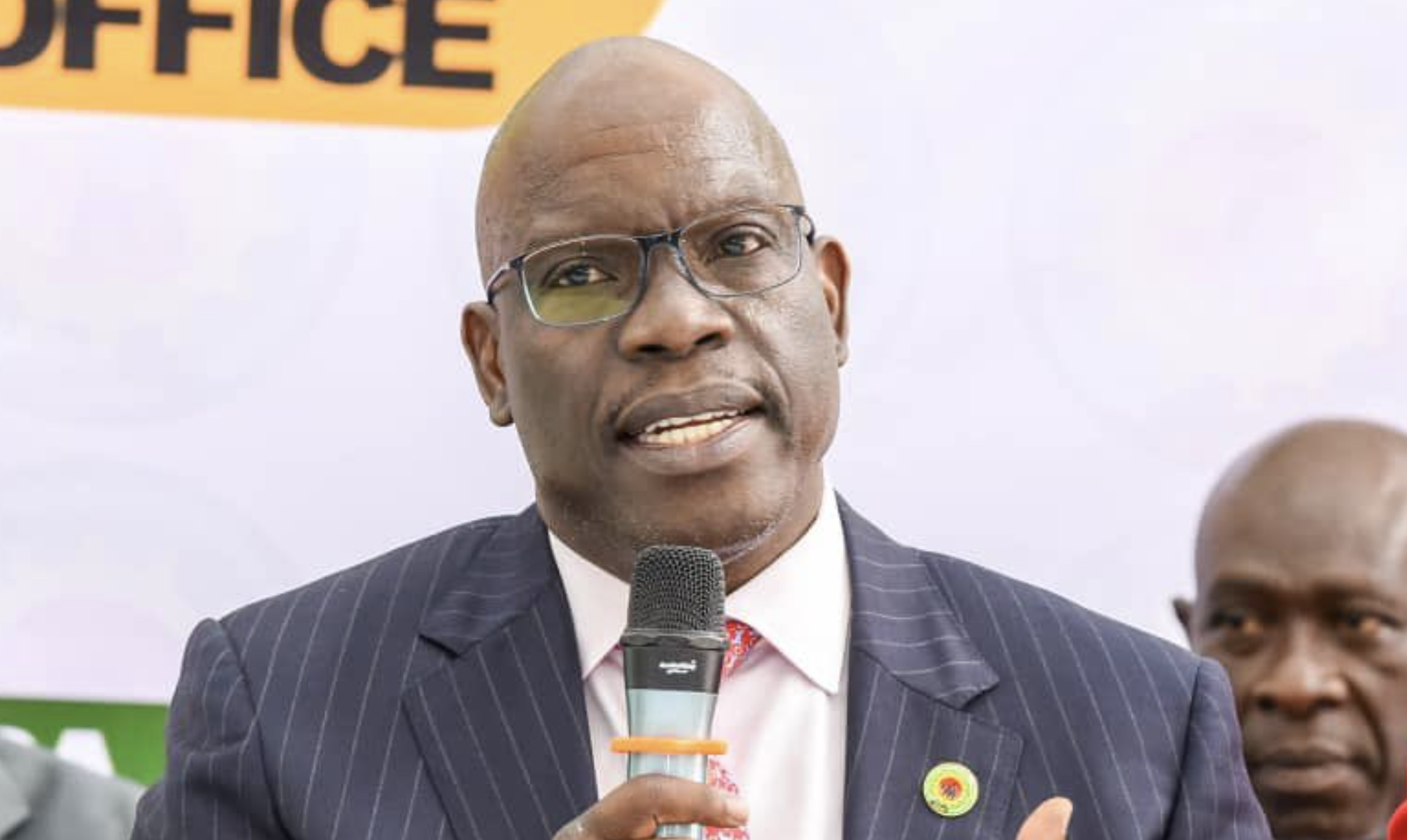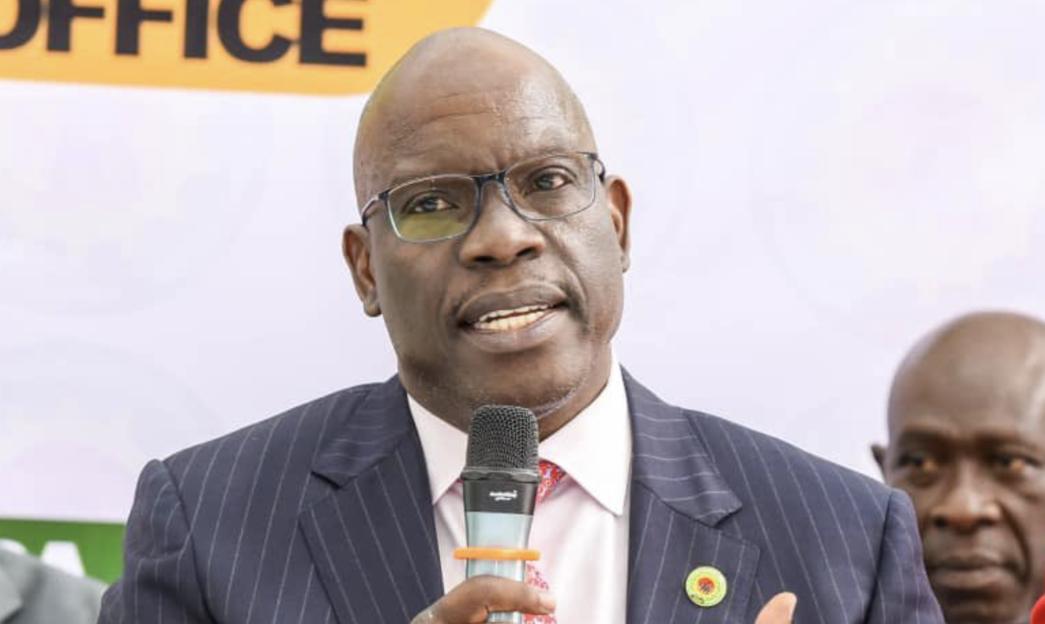The federal government has approved the divestment of four international oil companies (IOCs).
Gbenga Komolafe, the chief executive officer (CEO) of the Nigerian Upstream Petroleum Regulatory Commission (NUPRC), spoke on Wednesday during the commission’s launch of the project 1 million barrels of oil per day (mmbpd) initiative.
Komolafe said the commission received the application in respect of five divestment transactions for regulatory approval.
According to the NUPRC CEO, the approved deals are Eni’s divestment of Nigerian Agip Oil Company (NAOC) to Oando Plc, and Equinor Nigeria Energy Company Limited’s divestment to Project Odinmin Investments Limited.
Advertisement
Others are the TotalEnergies-Telema Energies deal and ExxonMobil’s sale of Mobil Producing Nigeria Unlimited (MPNU) to Seplat Energy.
NUPRC said the four deals have also received ministerial consent.
However, he said the divestment of Shell Petroleum Development Company Limited’s assets to Renaissance Africa Energy Company Limited could not scale regulatory test.
Advertisement
“Currently, we have processed four of the transactions and four of them have received ministerial consent,” he said.
“The four transactions are the transactions in respect of Equinor–Project Odinmim. That has been recommended by the regulator in line with the provisions of the Petroleum Industry Act and it has received ministerial consent.
“Also, the transaction in respect of Agip to Oando, that has equally been processed in line with the established regulatory pillars and that has equally received ministerial consent and that has been communicated accordingly.
“Also, a transaction in respect to ExxonMobil-Seplat has equally successfully been recommended by the regulator and I am happy to announce that has received ministerial consent. Also, a transaction in respect of 10 percent divestment by TotalEnergies (to Telema Energies) has equally been completed by the regulator and has received ministerial consent.
Advertisement
“All in all, out of the five major divestment transactions that were referred to the commission for processing, the commission for the first time in history ensured that robust regulatory framework was established in line with the PIA.”
Komolafe said the process has been institutionalised through regulation, adding that the commission diligently processed all the transactions.
Add a comment











